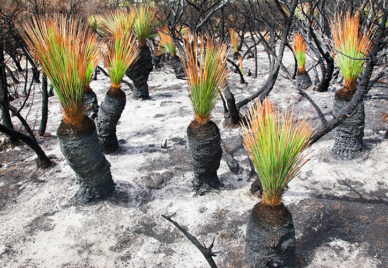
Bushfire Research Data Management Plans
Exploreabout Bushfire Research Data Management Plans
Cancer is a major cause of death in animals and humans. While cancer registries are commonplace in human medicine, veterinary cancer registries have been sporadic, short-lived and uncoordinated.
Good data is essential to provide clinical and epidemiological evidence for evaluating the efficacy of current cancer treatment programs and developing intervention priorities.
This project created the Australian Companion Animal Registry of Cancers (ACARCinom), a national data asset comprising de-identified cancer records from major commercial and university-based veterinary pathology laboratories through a single companion animal cancer registry.
Focusing on cancers in dogs and cats, ACARCinom is a sustainable, unified, integrated and accessible data asset for identifying patterns and trends in animal and human cancers, as well as quantifying the role of predisposing risk factors.
The project involved:
Watch a short explainer video about ACARCinom:
Access ACARCinom, the first Australia-wide registry of animal cancer occurrences, collecting standardised data from pathology labs and universities in real time.
Companion animals are sentinels of certain human cancers of environmental origin. Analysis enabled by ACARCinom can point to shared cancer hot spots and uncover predisposing environmental risk factors for cancers in animals and humans.
Cancer research organisations, researchers, policymakers and government, veterinary clinicians and the veterinary industry are benefiting from access to transformed and de-identified veterinary cancer data accessible through an authenticated web interface.
Users of ACARCinom are able to conduct research for cancer risk mapping and ranking of predisposing risk factors for cancers in humans and animals.